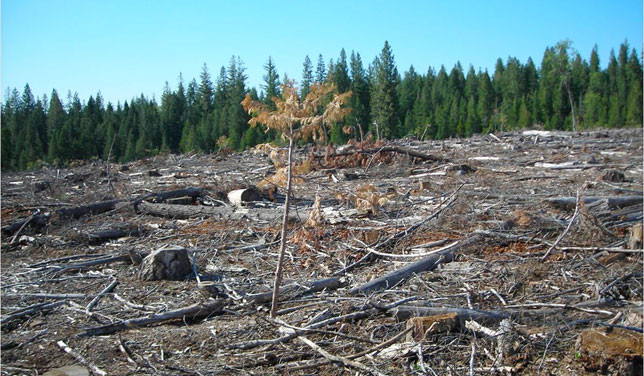For everyone who can't make it to Ukiah on Wed. Oct. 14 at 1pm, the workshop will be webcast!
To join, call in on the conference line (for audio) or click on the “Join WebEx Meeting” link below:
Join WebEx meeting
To join by phone:
Call-in toll-free number (Verizon): 1-(888) 201-4946 (US)
Call-in number (Verizon): 1-(203) 280-8446 (US)
Attendee access code: 838 674 9
Some points to help you formulate your comments:

- The most glaring loophole in California’s regulation of logging practices has been the lack of a system for measuring logging’s comprehensive, watershed-scale environmental effects. Such a system was supposed to be installed when the state’s Forest Practice Act became law in 1973.
- The revenue stream provided by A.B. 1492 finally means that a way of measuring and regulating comprehensive environmental effects from logging can become reality.
- The pilot projects under discussion at this workshop are the starting point for measuring cumulative watershed effects from logging. The pilot projects must begin by documenting existing, on-the-ground conditions in the forest. That’s why we call them “foundational” pilot projects.
- Steadfast pressure applied by the public has finally resulted in the setting up of foundational pilot projects. Unfortunately, though, those projects could still be overseen by “the usual suspects”—timber industry-connected scientists and agency officials who have traditionally supported the logging companies. Urgently needed is actual participation in overseeing the pilot projects by a broad array of qualified public members, not just “input” and opportunities to comment. After all, the public is paying for the pilot projects!
- The pilot projects should not only be concerned with “efficiencies” of the regulatory process—figuring out ways to make timber harvest planning less costly and redundant. More important still, the pilot projects should evaluate and improve "ecological performance" of the regulatory process—that means doing a better job of keeping the air and water clean, protecting soils, safeguarding wildlife habitat, and other public trust values. We must have not only an efficient regulatory process but an effective one as well!
- The public and real representatives of the public and the public trust need to be involved at every level. No segregated advisory group process! The public and public reps need to be members of the teams actually carrying out the pilots. Otherwise, industry capture of the process will be the result.
- We may never have another opportunity in our lifetimes to fundamentally reform logging practices in California. With the process now before us we have the rare convergence of a stated mandate for reform plus a revenue stream to pay for it!
- Plan to attend the hearing in person or, if you can’t travel to Ukiah on Oct. 14, participate by webinar and speak up for the forests!
For more information on this campaign event click here
©2025 Forests Forever. All Rights Reserved.